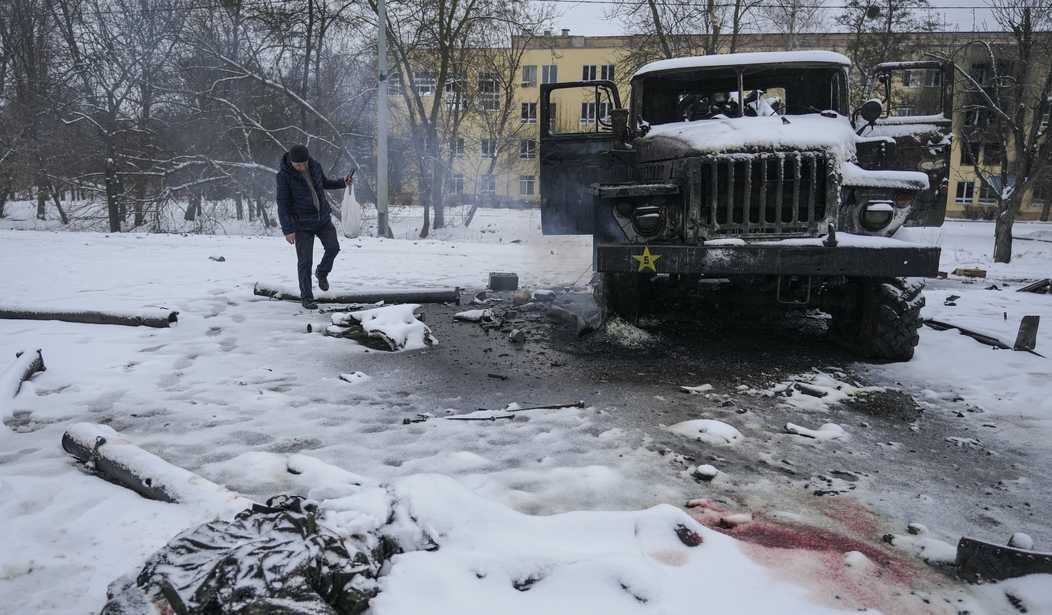Russian and Ukrainian negotiators will meet again on Tuesday to discuss the outline of an emerging deal that would keep most of Ukraine intact in exchange for Ukrainian neutrality and a pledge not to seek NATO membership.
The outline for an agreement includes membership in the European Union for Ukraine as well as certain “security guarantees” by Russia. But Ukraine’s government is distrustful of Russian President Vladimir Putin and believes that the negotiations are a ruse to allow the Russian army to resupply and refit its exhausted forces, which are meeting stiffer than expected resistance from Ukraine.
David Arakhamia, head of Ukrainian president Volodymyr Zelensky’s party in parliament and a member of Kyiv’s negotiating team, told the FT the parties were close to agreement on the security guarantees and Ukraine’s EU bid but urged caution about prospects for a breakthrough.
“All the issues” have been “on the table since the beginning” of negotiations but “lots of points — like in every single item there are unresolved points”, Arakhamia said.
Another person briefed on the talks said Ukraine was concerned that Russia was shifting its position almost day by day, both in terms of military pressure and on demands like Kyiv’s “demilitarisation.”
At this point, Putin doesn’t give a fig about world opinion, so the idea of him suddenly breaking off negotiations and resuming his offensive against Kyiv and other population centers is not very far-fetched.
But the internal political dynamics in Russia are very cloudy. Is Putin under any pressure at all to settle with Ukraine? Or are the Russian elites still behind him?
As part of the agreement under consideration, Ukraine would also refrain from developing nuclear weapons, or hosting foreign military bases in addition to abandoning its pursuit of Nato membership.
In exchange, Ukraine would get what Arakhamia called “wording close to Nato’s Article 5” — whereby the alliances’ members must come to each others’ aid if one is attacked — for security guarantees from countries including Russia, the US, the UK, Canada, France, Germany, China, Italy, Poland, Israel, and Turkey.
Any prospective agreement, however, would have to be agreed with the guarantors and ratified by their parliaments, Zelensky said on Sunday.
It should be noted that the “Budapest Memorandum,” signed in 1994, which required Ukraine to give up its nuclear stockpile, also contained “security assurances” by the U.S., Russia, and Great Britain. Those assurances failed to deter Russia from invading Ukraine. So the question arises: Has anything changed to make the security guarantee any more valid?
Obviously, the answer is no. But Ukraine will not get what it desires the most: membership in NATO. That dream is now dead and buried, so Kyiv is going to have to find other regional powers to build a coalition to deter Vladimir Putin and Russia from further adventures.
It shouldn’t be that difficult considering the very real threat Russia has demonstrated to the peace and security of the entire region.










Join the conversation as a VIP Member